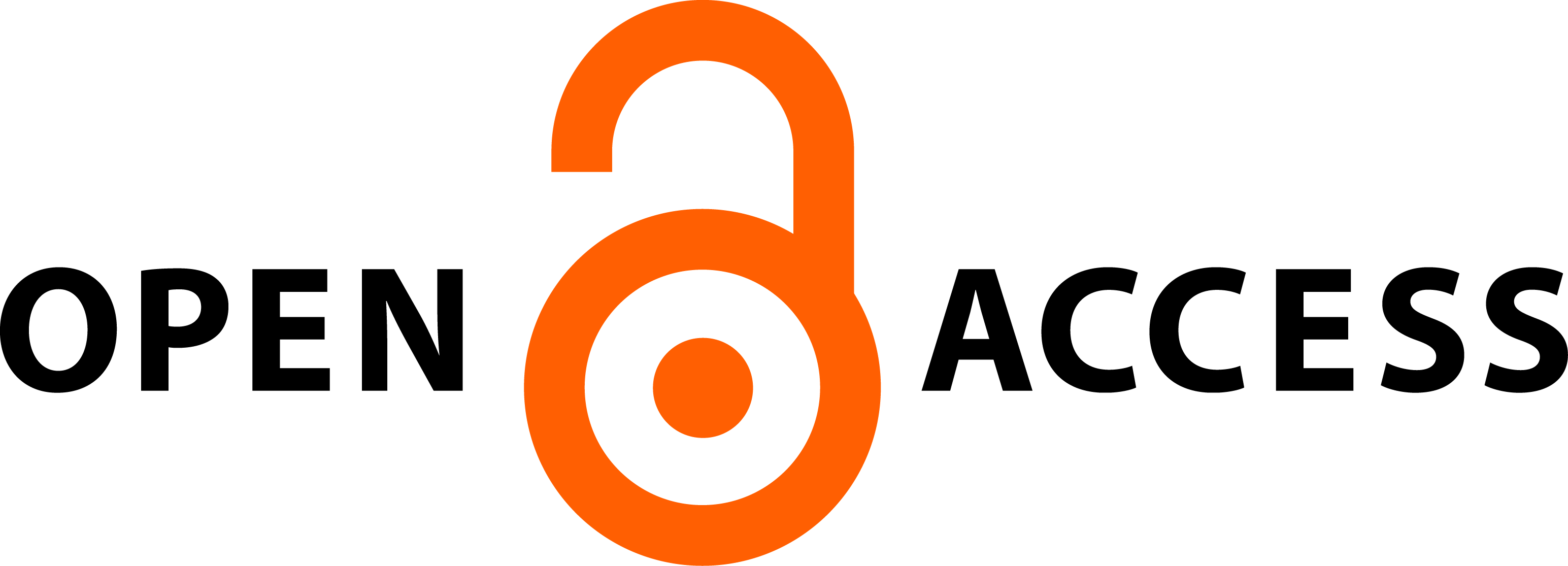Akibat Hukum Dalam Praktik Nikah Sirri Menurut Undang-Undang Nomor 1 Tahun 1974 Tentang Perkawinan
DOI:
https://doi.org/10.21154/muslimheritage.v2i1.1046Keywords:
unregistered marriage, marriage, child’s lineage, Act No. 1 of 1974Abstract
Abstract: Nikah sirri (unregistered marriage) is still a crucial issue that can not be solved. On one side, it is permissible based on religious context. On the other side, it must going through a strict procedure based on marriage act context. This article reviews the legal consequences of unregistered marriage. In the perspective of positive law in Indonesia, a marriage for Moslems, not only must be done under Islamic law, but also must be held in front of and must be registered by the Marriage Registry Officer under law and regulation. Marriage which does not comply those conditions has no legal power (vide Ps. 2 UU No.1 / 1974 jo. Ps.2 (1) PP. 9/1975). In reality, not all Moslems in Indonesia meet those conditions under law and regulation, so that there are still some Moslems with various reasons doing unregistered marriage.
Abstrak: Nikah Sirri masih menjadi masalah krusial yang tidak dapat dipecahkan. Disatu sisi secara teks agama nikah sirri diperbolehkan, disisi yang lain, nikah sirri dalam konteks undang-undang perkawinan harus melalui prosedur yang ketat. Artikel ini akan mengulas tentang akibat hukum nikah sirri. Dalam perspektif hukum positif di Indonesia, perkawinan atau pernikahan bagi umat Islam, di samping harus dilakukan menurut hukum Islam, juga setiap perkawinan wajib dilangsungkan di hadapan dan dicatat oleh Pejabat Pencatat Nikah menurut peraturan perundang-undangan. Perkawinan yang tidak dilakukan sesuai dengan ketentuan tersebut tidak mempunyai kekuatan hukum (vide Ps. 2 UU No.1/1974 jo. Ps.2 (1) PP. No.9/1975). Pada kenyataannya tidak semua umat Islam Indonesia mematuhi ketentuan peraturan perundang-undangan tersebut, sehingga masih ada di antara masyarakat muslim dengan berbagai alasan melakukan pernikahan sirri.
Published
Issue
Section
License
Requirements to be met by the author as follows:
- Author storing copyright and grant the journal right of first publication manuscripts simultaneously with licensed under the Creative Commons Attribution License that allows others to share the work with a statement of the work's authorship and initial publication in this journal.
- Authors can enter into the preparation of additional contractual separately for non-exclusive distribution of a rich version of the journal issue (eg:post it to an institutional repository or publish it in a book), with the recognition of initial publication in this journal.
- Authors are allowed and encouraged to post their work online (eg, in institutional repositories or on their website) prior to and during the submission process, because it can lead to productive exchanges, as well as citations earlier and more severe than published works. (see The Effect of Open Access).

















